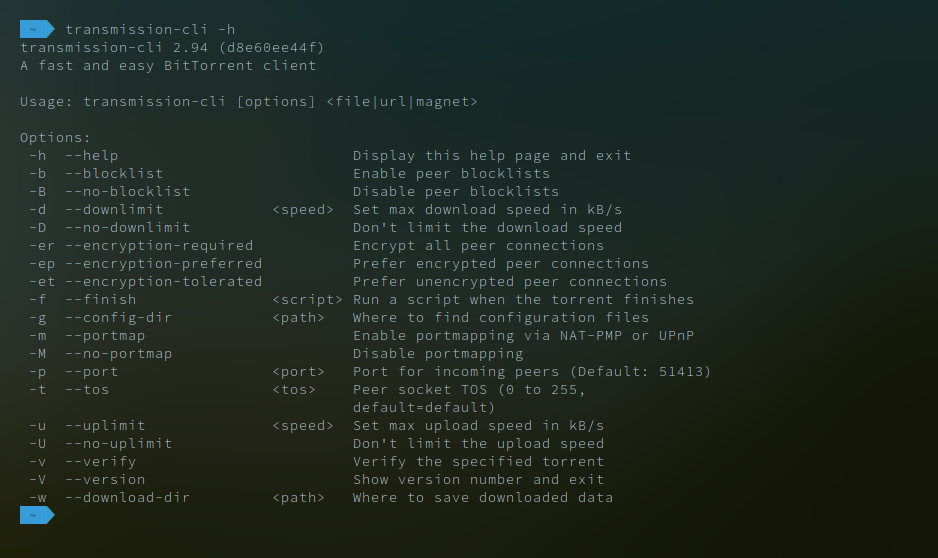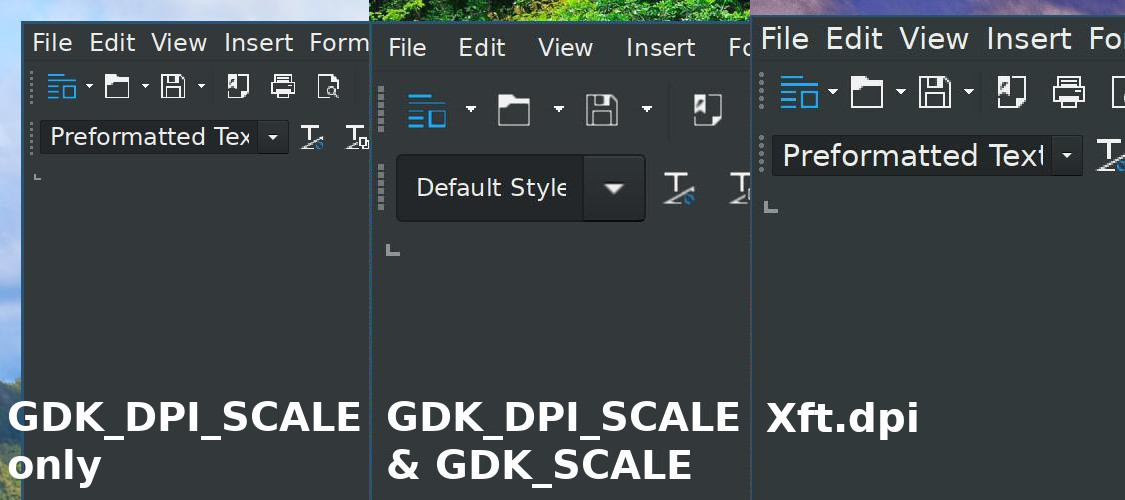I have been a Linux user for just about twenty years. In the early days I played with distributions like Redhat and Mandrake from CDs included with Linux magazines. I switched to Slackware full-time in the early 2000s when I finally had proper internet access. Since 2006, I’ve been on Ubuntu. I’ve worked in the command line full time, with various lightweight window managers (especially iceWM and fluxbox), and in KDE and Gnome. For the past decade, I’ve followed the whims of Mark Shuttleworth from Gnome 2 to Unity to Gnome 3.
I recently bought a new laptop (a Huawei Matebook X Pro) with decent Linux support and decided I would try to catch up on what I’ve missed.
Why leave Ubuntu?
Ubuntu is a great distribution. It started as an offshoot of Debian Linux in 2004 and is now one of the most popular distributions.
Ubuntu has a predictable release cycle in which new versions come out every six months (timed to follow the Gnome desktop’s six-month release cycle by about a month). Releases are generally supported for nine months. However, every two years, there is a long term support (LTS) release that is supported for several years (currently up to ten years). With a few exceptions, software versions are locked in at the time of release and users will only receive minor updates for bug fixes and security issues during that support period. For example, Ubuntu 18.04 comes with Gnome 3.28 and will likely always come with Gnome 3.28 for the next decade even as 20 new versions of Gnome are expected to be released.
The release-based model is a strength and a weakness. The reliability of an Ubuntu system starts high and generally increases over time as bug fixes are applied and feature updates are left out. However, the slow pace means that you may not see new features for months or even years. You may not even have the latest software at the time of release. The most striking example in my experience has been Node.js. Ubuntu 14.04 LTS is still “supported” and comes with Node 0.11.4 (which was already out-of-date in April 2014). In 2014 and 2015, a group of developers forked Node and forced progress to leap forward. The current version is 11.5.0. However, if you have Ubuntu 14.04, the only thing you will officially get is that pre-1.0 release. Even Ubuntu 19.04 (which isn’t due until next year) only has 8.11.4 in its software repository.
The weakness can be overcome. More recent versions of software can be installed from a PPA. Node.js has the Node Version Manager. And, this being Linux, nothing prevents you from compiling the most recent software from source. In fact, I think this extreme stability is desirable in some applications. I will continue to run Ubuntu on the server. Major version upgrades break things and if it doesn’t need fixing why break it? On the server, you want stability, security updates, and bug fixes. So leave all of those applications in a known reliable state and look outside for the very few applications where you need the bleeding edge. The same could be said of a workstation. But it’s a little boring on a personal computer. I want to play with Gnome 3.30. OK, that’s not true, but I want to see for myself if it’s really more performant.
The other major feature of Ubuntu is that it makes many choices for you. Ubuntu is very opinionated. Even with the abandonment of Unity, Ubuntu doesn’t give you a vanilla Gnome Shell (though it is available). I trust and agree with a lot of Ubuntu’s decisions. It puts together a very reliable system that works flawlessly on every computer I’ve tried it with. Again, this is what I want on my server. It might even turn out to be what I want on my personal computer. But I think that I want to come to these decisions on my own. If nothing else, I want to understand them better than I do.
It’s primarily for this last reason that I’m abandoning Ubuntu on my personal computer. I want to make the computer mine. I might decide it’s not worth it and return to Ubuntu but at least I’ll come back with a better understanding of the state of Linux.
What distribution is for me?
Linux is not an operating system unto itself, but rather another free component of a fully functioning GNU system made useful by the GNU corelibs, shell utilities and vital system components comprising a full OS as defined by POSIX. – Richard Stallman (apocryphal)
At the end of the day, I think there are more similarities than differences between distributions. They all run the Linux kernel, an init system (probably systemd), a command prompt (probably bash), a window manager or desktop environment, and a selection from the same collection of applications (LibreOffice, Firefox or Chromium, etc). You can achieve the same results with more or less work in any distribution.
Fixed release vs. rolling release
As described above, Ubuntu is a fixed release distribution. New versions are released on a schedule and major upgrades are often limited to that schedule. The more customised distributions tend to be fixed release because those modifications need to be applied to the underlying components.
Rolling release distributions update constantly with new software. However, this means that they don’t receive the level of testing that a fixed release gets. Features in an Ubuntu release are frozen months before the release date. The remaining time is spent on testing and bug fixes. This is on top of whatever testing the individual pieces of software received. So the trade-off is generally between newer software and stability.
Some distributions offer a mixture of the fixed and rolling release formats. Debian (the upstream source of Ubuntu) is available in an unstable version, a slightly more stable testing version, and a fixed release stable version with packages being promoted through the various streams.
Level of customisation
The primary separation between distributions from one another are the customisations made by the packagers. Many distributions favour a particular desktop environment and tweak that environment according to their own philosophy. Ubuntu, for example, features the Gnome desktop environment and makes modifications to make Gnome Shell look like it’s former Unity shell. Some, like Elementary OS, feature entirely custom desktop environments. The more customised distributions often also shift with tools for managing the operating system that depend on particular choices made by the packagers.
At the other end, of course, are distributions that make almost no attempt at customisation. Arch Linux and Gentoo provide nearly unmodified versions of their software packages.
Package management
Linux software can generally be compiled from the source code but this is time consuming. Most distributions distribute software in archives called packages which are installed by a package manager. Package managers include apt (.deb, Debian), yum (.rpm, Redhat), and pacman (.pkg, Arch). The type of package used by a distribution divides distributions into families that are often compatible and can share software. For example, software packaged for Debian as a .deb can generally be installed on Ubuntu. Most significantly, package managers handle the installation of dependencies (other software required by the program to run).
I’ve left out one notable package manager. Most package managers install pre-compiled binary packages. Gentoo’s portage system actually downloads and compiles source code on the user’s machine. This system is based off the BSD port system. In theory, this results in code optimised for a particular computer and allows the user to specify particular compiler flags (options that may enable or disable features in the software). This would contrast to binary packages which must be built with the broadest audience in mind.
What am I going to do?
In a move that makes me re-consider the sanity of blogging again, I started this post before Christmas and then set it aside for a while. At the time, I was sure that I wanted to install Arch on my laptop. However, I highly value being able to actually use my laptop for work. I have decided to publish this as part one and use part two to consider a variety of options for experimentation.


Recent Comments